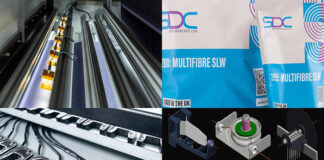Teijin Frontier, announced today that it will expand production capacity for conjugate filaments by increasing the number of spinning and drawing machines at its group company, Teijin Polyester (Thailand) Limited (TPL). The goal is to meet increasing global demand for these filaments, which provide an attractive alternative to wool fibers. Conjugate filaments are produced by simultaneously spinning two different polymers from a divided spinneret, resulting in a single fiber. These fibers can have structures such as side-by-side or core-sheath configurations.
The new equipment will be installed at the existing TPL production facility in Bangkok to increase its capacity to 700 tons per year in FY2025. The expanded facility will commence full-scale production in September 2024.
In recent years, global demand for wool alternatives has been rising due to population growth and increasing costs for processing wool fibers. Consequently, Teijin Frontier has seen significant growth in the sales of its conjugate filament materials, such as TRIXION, which offer a natural worsted wool-like appearance and desirable functional properties such as stretchability. These materials are primarily used in fashion apparel and uniforms.
To address this growing demand, TPL has been operating at near-full capacity and has implemented efficiency measures such as strategic personnel re-allocation and productivity improvements. However, anticipating further increases in demand, TPL made the decision to expand production capacity.
The conjugate filaments produced at the expanded facility will be widely marketed domestically and internationally, including within Teijin Frontier Group, as raw yarns, textiles, and finished products. Additionally, the facility will be used to manufacture new conjugate filaments that may be developed in the future.












